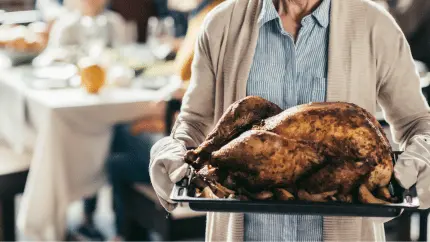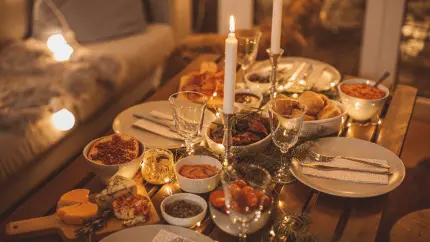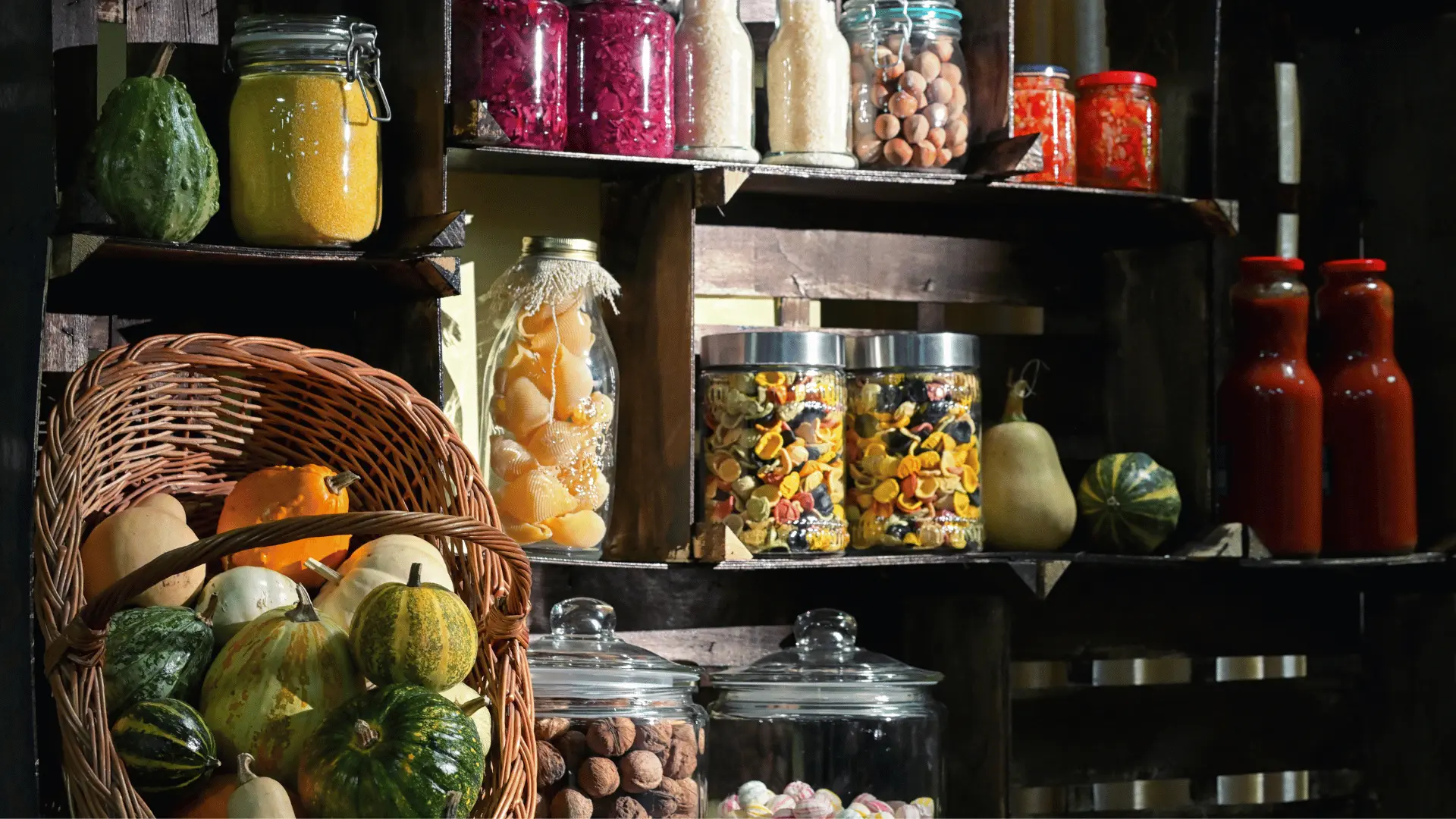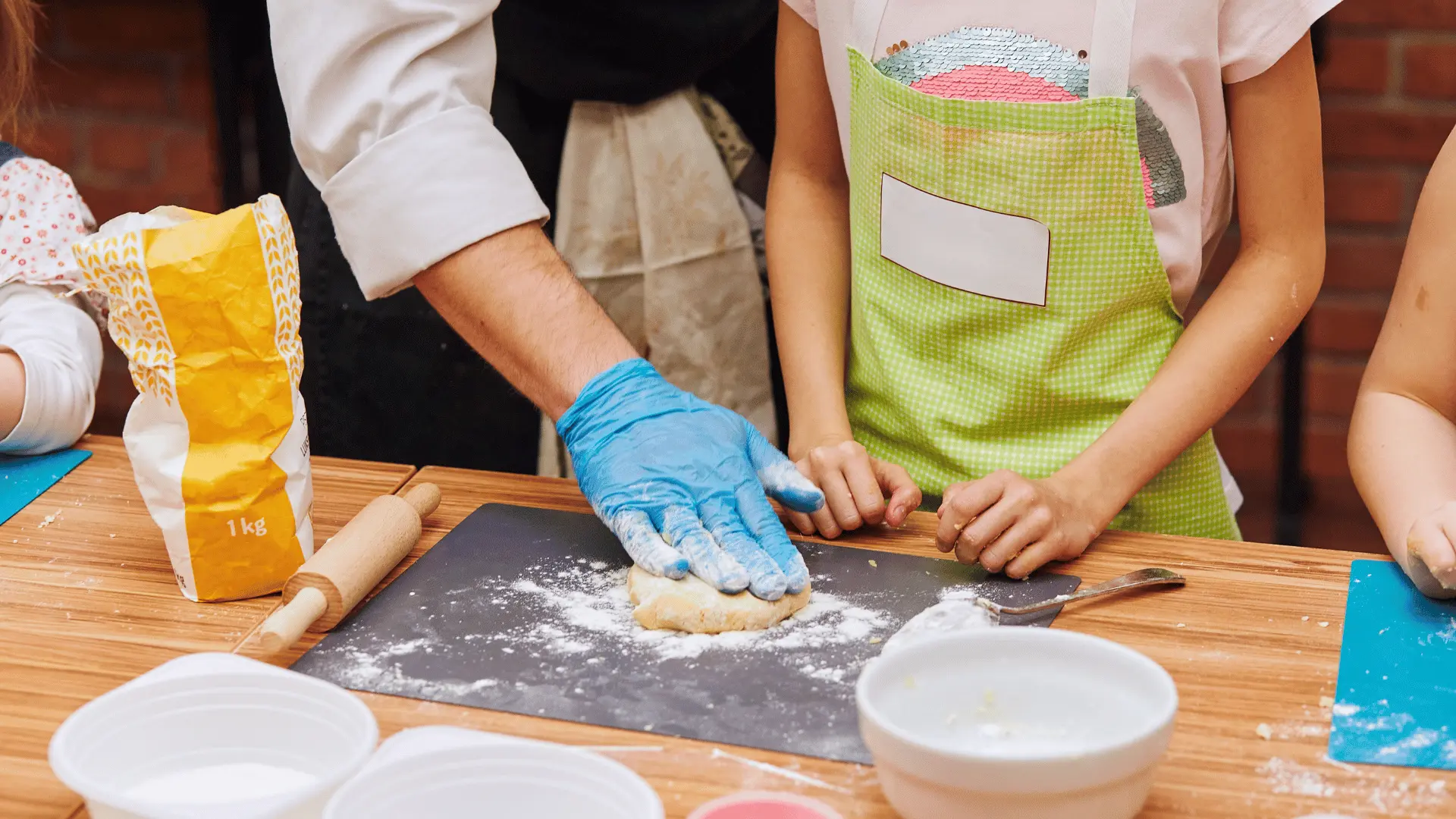
The Recipes We Keep Secret: A Look at What Families Choose Not to Share
Every family has at least one recipe that never quite makes it out of the kitchen. You know the one—it’s scribbled on a stained index card, whispered in half-remembered directions, or guarded with a playful warning of “Don’t you dare share this outside the family!” These dishes aren’t just food. They’re symbols of identity, pride, and connection, and they remind us that sometimes, secrecy can be part of the tradition.
We live in an age where recipes spread faster than ever before. A quick scroll through social media brings hundreds of ideas for cookies, casseroles, or cocktails. And yet, some families choose to hold certain recipes close. Why? Because those dishes carry meaning far beyond their ingredients. They represent legacy, culture, and the little bit of mystery that makes a recipe feel like magic.
Why Families Guard Certain Recipes
Secrecy around recipes isn’t about selfishness—it’s about stewardship. These dishes are often tied to stories of survival, triumph, or love, and keeping them within the family preserves their context. Other times, secrecy is simply tradition. A grandmother who taught her children but never wrote it down. A father who insisted his barbecue sauce recipe was “for family only.” A great-aunt who made her cookies without ever measuring, making it impossible to replicate exactly.
Whatever the reason, these recipes become more than meals—they become markers of identity, protected and passed down intentionally rather than casually shared.
Classic Examples of “Secret” Family Recipes
What kinds of recipes do families tend to guard most closely? Here are a few we’ve seen over and over:
- The Signature Dessert: Think of a pie crust perfected over decades, or a cookie recipe that’s been at every holiday gathering since the 1950s. Families often protect these because they feel inseparable from their identity.
- The Famous Sauce: Whether it’s barbecue, marinara, or a secret gravy, sauces are notorious for being guarded. A good sauce defines a meal—and families take pride in theirs.
- The Festival or Holiday Dish: Tamales at Christmas, stuffing at Thanksgiving, or special breads at Easter. These aren’t just recipes—they’re rituals, and their preparation often bonds generations together.
- The Restaurant-Level Recipe: Every so often, a family has a dish so good it rivals a professional kitchen. That “too good to share” chili or steak rub often stays private for bragging rights (and second helpings).
- The Passed-Down-from-Abroad Dish: Many immigrant families protect dishes that connect them to their heritage, ensuring the recipe stays tied to their culture and not diluted when shared broadly.
The Fun of Keeping a Recipe Secret
Part of the charm of secret family recipes is the playful drama around them. The “notebook hidden in a drawer.” The knowing wink when someone asks for the recipe and is told, “Sorry, family only.” The hushed tones when the instructions are shared in a kitchen, away from curious ears. Secrecy creates a sense of ceremony. It reminds us that recipes aren’t just lists of ingredients—they’re experiences, wrapped in story and ritual.
And sometimes, let’s be honest, keeping a recipe secret makes it taste even better. There’s something magical about knowing you’re eating something that only a few people in the world truly know how to make.
Why Secrecy Can Be Risky
As fun as it is to guard recipes, secrecy carries risks. What happens when the keeper of the recipe passes away without writing it down? Or when no one remembers the exact measurements? Too many families have seen cherished dishes vanish because they weren’t preserved in some form. That’s why many families today are finding balance: protecting the recipe’s privacy while still documenting it for future generations.
In this way, secrecy doesn’t have to mean fragility. It can mean stewardship—keeping the recipe safe, even if it’s only shared within a trusted circle.
Balancing Privacy and Preservation
Here’s where modern tools change the game. Platforms like Recipe Memory let families keep recipes safe and private without losing them to time. You can digitize your grandmother’s handwritten card, attach her story, and choose exactly who has access. The recipe stays in the family vault, protected from oversharing, but preserved so it isn’t lost.
This way, secrecy becomes intentional, not accidental. Families can decide which recipes remain hidden gems and which ones can inspire others beyond their table.
Real-Life Scenarios of Recipes Families Guard
Let’s take a look at a few fictionalized-but-familiar scenarios that show why certain recipes never leave the family circle:
- The Secret Pie Crust: Grandma teaches her daughters how to make it by hand but warns, “Never give this to anyone outside the family.” Today, it’s still made only at family holidays.
- The Legendary Chili: An uncle has won multiple cook-offs with his recipe but refuses to share it outside reunions. He jokes that it’s his “retirement plan.”
- The Festival Tamales: A family of three generations gathers every Christmas to make tamales. The recipe has never been written down, and the preparation itself has become the tradition as much as the meal.
- The Mystery Sauce: A father makes a sauce for Sunday dinners but never reveals the measurements, keeping his children guessing. They still argue about whether it was paprika or chili powder that gave it the kick.
When Families Do Decide to Share
Interestingly, some families eventually choose to share even their most guarded recipes. Sometimes it’s because they want the dish to live beyond them. Sometimes it’s because a relative insists that food is meant to bring joy, not stay hidden. Other times, a new generation feels ready to carry the tradition into the public eye. When shared intentionally—with the story intact—these recipes can inspire far beyond the family circle.
Key Takeaway
Every family has recipes they love to share—and recipes they keep secret. The guarded ones aren’t just about flavor. They’re about pride, legacy, and identity. Choosing to keep them private can be part of what makes them special, but secrecy doesn’t have to mean losing them. By preserving them intentionally, families ensure that even their most secret dishes remain part of their story for generations to come.
Love what you’re reading?
Join Recipe Memory today to save your favorite recipes, plan meals with ease, and create smart grocery lists ...all in one place.







